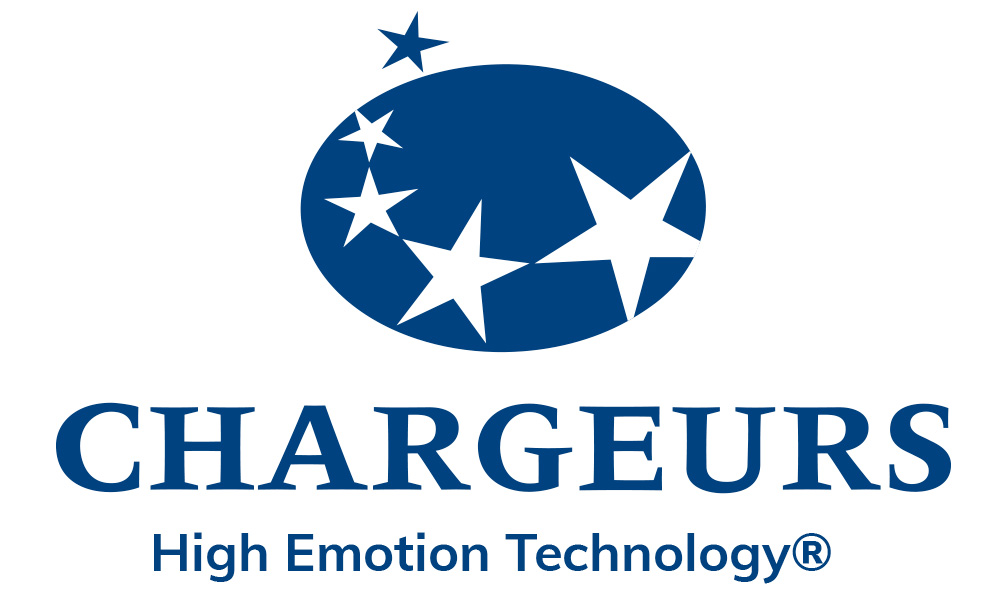Angèle Malâtre-Lansac is the Associate Director Healthcare Policy at Institut Montaigne. Her policy aims at bringing together all healthcare stakeholders, including professionals, patients, industrial groups, researchers, experts, senior officials, policymakers and care providers. Its ultimate goal is to review, plan, benchmark and make recommendations with a view to shaking the status quo within the French healthcare system by drawing inspiration from best practices observed in France and abroad.
“Covid-19 has highlighted both the strengths and weaknesses of our health systems. In all OECD countries, the increase in chronic illnesses, as well as an ageing population and technological developments, challenge the sustainability of our current systems. Healthcare spending continues to rise (17% of GDP in the United States, 12% in France), but patient value-based healthcare does not seem to be keeping pace: medical deserts are on the rise, innovation is growing scarier, healthcare is not adequately personalized, and preventive measures are few and far between. If spending is increasing with little or no added value, it is because spending is not well-oriented. Furthermore, we are not properly incentivizing healthcare stakeholders. Studies show that nearly 30% of healthcare spending is ineffective or even harmful, while the majority of patients still have only limited access to the latest medical innovations.
The key issue is: how do we undergo a paradigm shift to ensure our healthcare systems provide incentives to develop value-based healthcare and avoid needless initiatives and inefficiency? As we face this unprecedented health crisis, now more than ever, we must focus our efforts and spending on quality healthcare and innovation. We must stop paying stakeholders based on quantity. Quality, and thus performance, must come first.
The good news is that we now have accurate data to assess healthcare stakeholder value creation. In addition, by developing artificial intelligence, we now have the resources to interpret this data. Value-based healthcare is enabled by directly collecting real-life patient data. For instance, after surgery, have you ever been asked if everything went as you expected? If you were happy with your quality of life? How this “experience” affected you? This data is what we call Patient Reported Outcomes (PROMs) and Patient Reported Experiences (PREMs). They feed the core of healthcare and innovation quality assessment. They also offer a benchmark to verify that each healthcare stakeholder creates value for patients.
Health data, whether clinical, genomic, from connected objects, mobile applications, PROMs or PREMs, must be the top priority of health system management. This data will enable us to incentivize higher-quality stakeholders. It will also produce a more agile assessment of innovation, foster stakeholder collaboration and provide patients with the required information to make informed healthcare decisions based on their unique needs and preferences.
It is crucial to put patients at the forefront of our healthcare system!”

